Kenyan and Ethiopian business communities convene in Addis Ababa to explore mutually beneficially investment opportunities
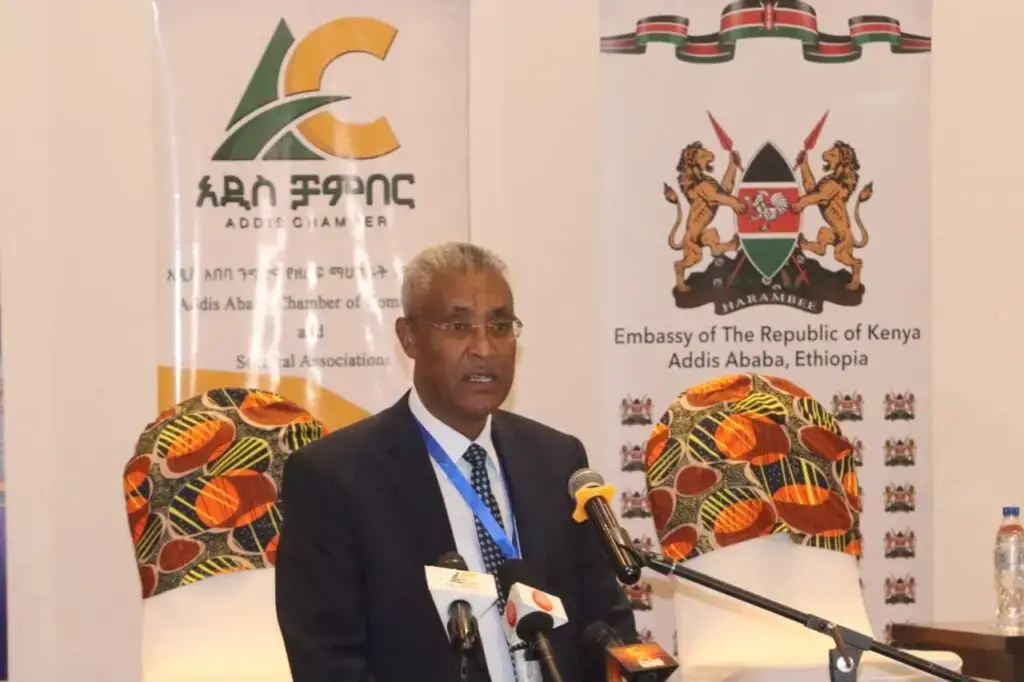
April 24, 2024, marked the beginning of a four-day strategic trade and investment mission in Addis Ababa, bringing together Kenya and Ethiopia’s business communities, policymakers, and Competent Authorities from the Kenya-Ethiopia Trade and Investment Missions. With funding from USAID-ERRA, the Kenya Association of Manufacturers (KAM), in collaboration with the Addis Ababa Chambers of Commerce and Sectoral Association, kicked off a […]
Collaborate more with focus on competitive advantages, AmCham ministerial panel urges Eastern African countries

The AmCham Business Summit, the highest profile U.S. – East Africa forum, concluded on a high with an address from the President of Kenya, H.E William Ruto, where he said Kenya is ready for business – and means business. Ruto further commended the AmCham Summit as a strategic platform for commercial advocacy, which will strengthen […]
Ethiopia undertakes AfCFTA awareness and training for private sector

From April 17-18, 2024, Ethiopia’s Ministry of Trade and Regional Integration (MOTRI) conducted training sessions in Jimma on the Africa Continental Free Trade Area (AfCFTA). Supported by the Agence Française de Développement, TradeMark Africa, and funded by the European Union, these sessions aimed to educate regional trade offices, chambers of commerce, sectoral associations, women traders, […]
Mise en place d’une stratégie nationale de facilitation des échanges pour la Côte d’Ivoire
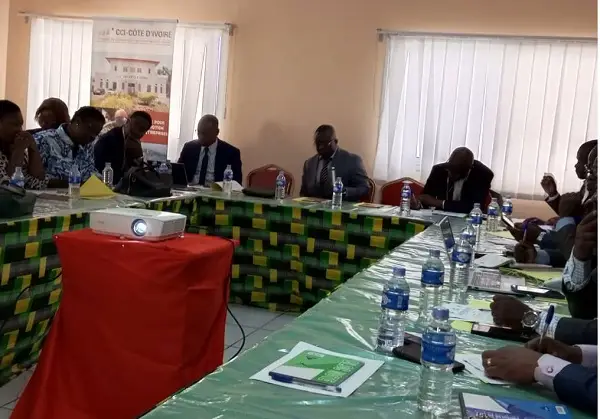
Lors d’une réunion consultative qui s’est tenue cette semaine à la Chambre de Commerce et d’Industrie (CCI-CI) d’Abidjan, les parties prenantes impliquées dans le commerce transfrontalier ont marqué une étape clé dans le développement d’une stratégie nationale de facilitation des échanges pour la Côte d’Ivoire. La réunion visait à sensibiliser et à renforcer les capacités […]
A National Trade Facilitation Strategy for Côte d’Ivoire in the pipeline

In a consultative meeting that took place this week at the Chamber of Commerce and Industry (CCI-CI) in Abidjan, stakeholders involved in cross-border trade marked a key step in the development of a National Trade Facilitation Strategy for Côte d’Ivoire. The meeting aimed at raising awareness and strengthening the capacity of stakeholders on the action […]
Le panel ministériel de l’AmCham se penche sur les perspectives en matière de commerce et d’investissement en Afrique de l’Est

TradeMark Africa (TMA) participera au AmCham Business Summit, le forum le plus en vue entre les États-Unis et l’Afrique de l’Est, qui se tiendra à Nairobi du 24 au 15 avril 2024 au Windsor Golf Hotel, à Nairobi, en tant que partenaire de connaissances. Le sommet est conçu pour attirer les entreprises avant-gardistes qui cherchent […]
AmCham ministerial panel to dissect trade and investment prospects in Eastern Africa

TradeMark Africa (TMA) will participate at the AmCham Business Summit, the highest profile U.S. – East Africa forum to be held in Nairobi from 24-15 April 2024 at Windsor Golf Hotel, Nairobi, as a knowledge partner. The Summit is designed to appeal to forward-thinking companies looking to expand into Kenya and the East and Horn […]
Burundi cross-border traders tipped on how to report trade barriers on a mobile phone app
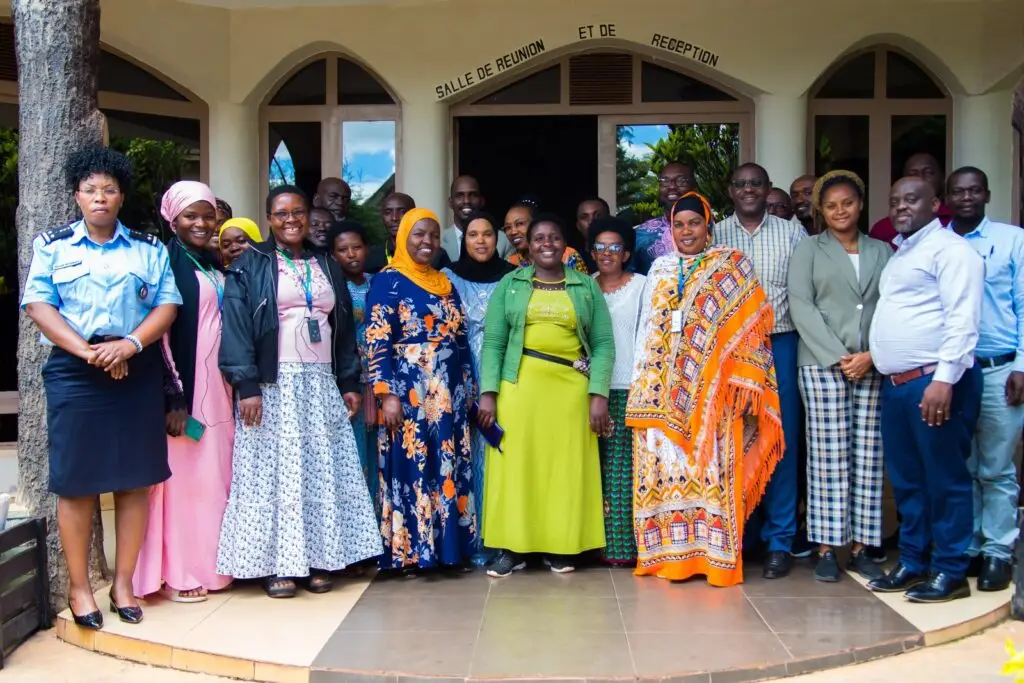
The East African Community (EAC) Secretariat and TradeMark Africa’s Burundi Programme conducted a two-day training on Non-Tarriff Barriers (NTBs) for Burundi’s cross border trade participants. Held on April 15-16, 2024, the training enlightened attendees on identifying, monitoring, and reporting obstacles to trade using the newly launched EAC-NTBs mobile app, which is designed to streamline the […]
Finland echoes its commitment in continued support for trade facilitation work in Africa
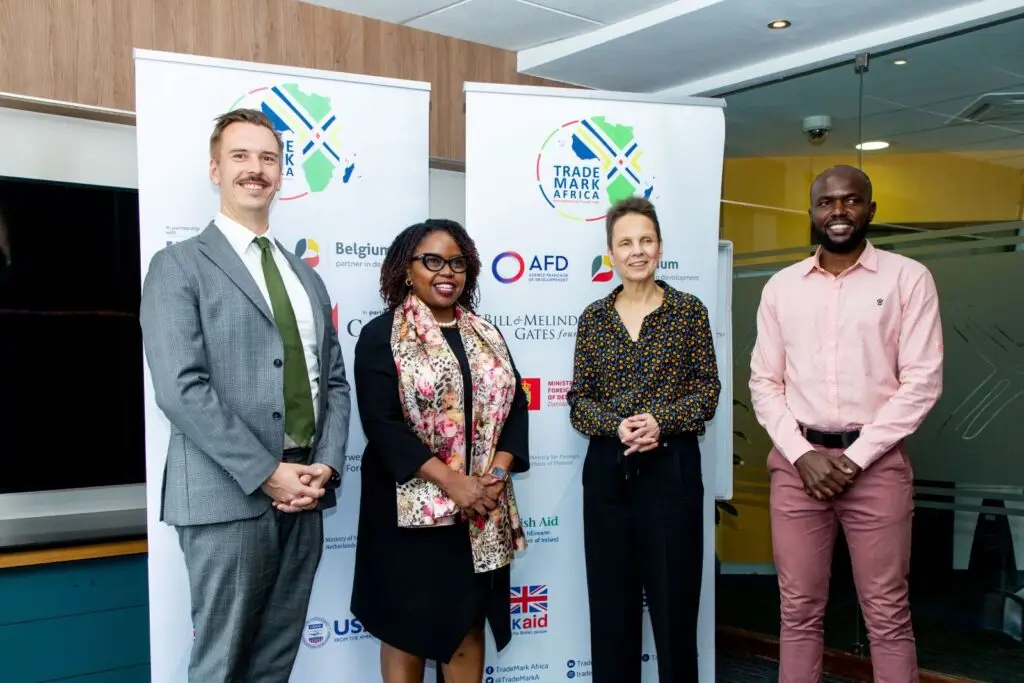
TradeMark Africa recently had the honour of hosting Ms. Suomela-Chowdhury, Finland’s Deputy Director General for the Africa Department, who was accompanied by Otto Kivinen, from Finland’s Embassy in Nairobi and also TMA’s Council Chair. Finland has been an integral supporter of TMA for the past decade, contributing over EUR 26 million in core funding. This support has enabled innovation, […]
Development of National Trade Facilitation Strategy in Côte d’Ivoire to Catalyse Trade in West Africa
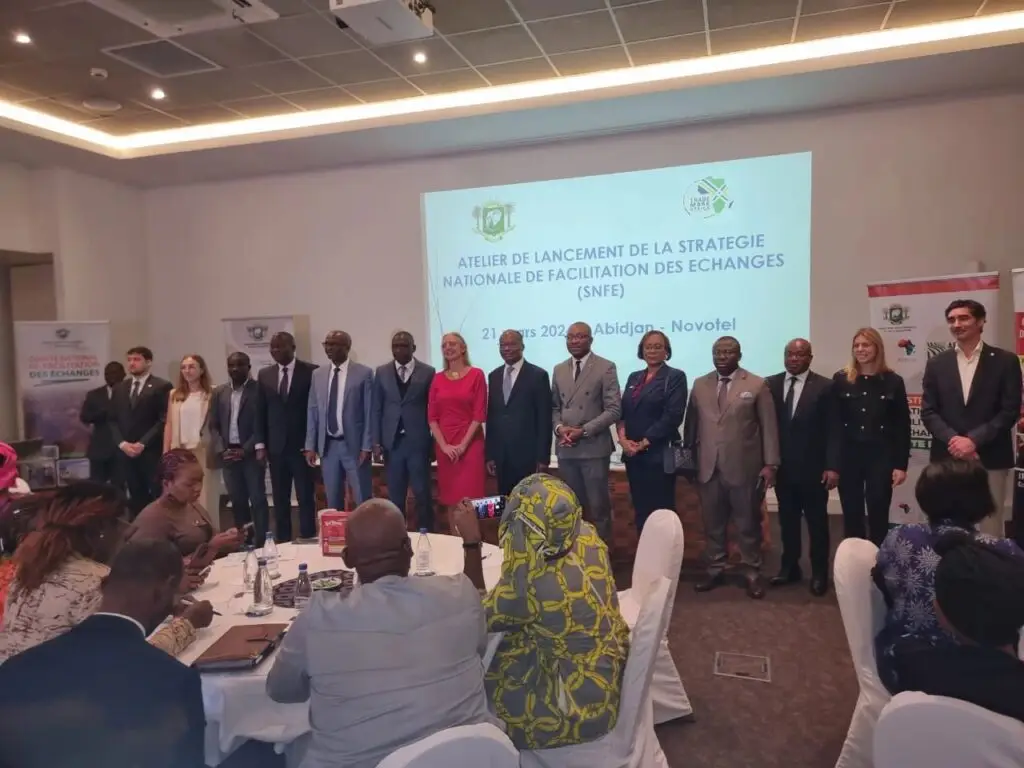
TradeMark Africa recently kicked off its programming in Côte d’Ivoire by supporting the development of the National Trade Facilitation Strategy, an effort backed by the UK’s Foreign, Commonwealth and Development Office. This marks a pivotal step for the country as it aims to bolster its trade infrastructure and expand commerce with its neighbours and beyond. The initiative not […]

